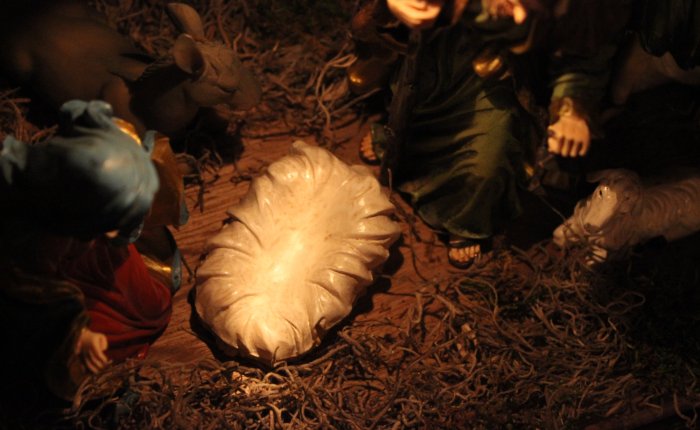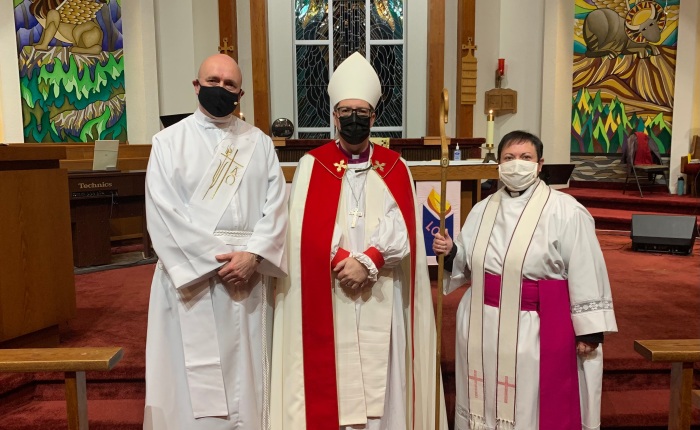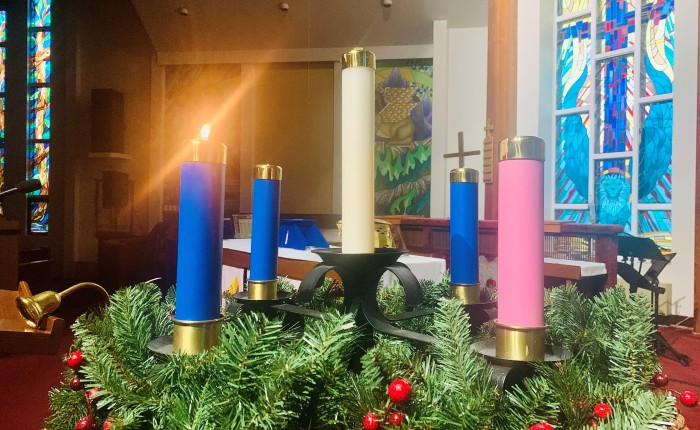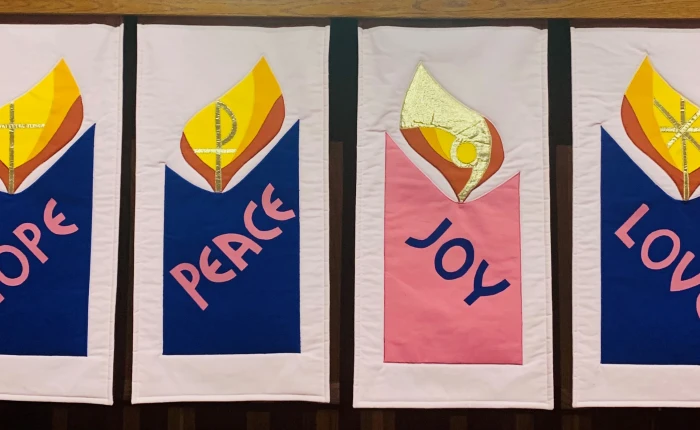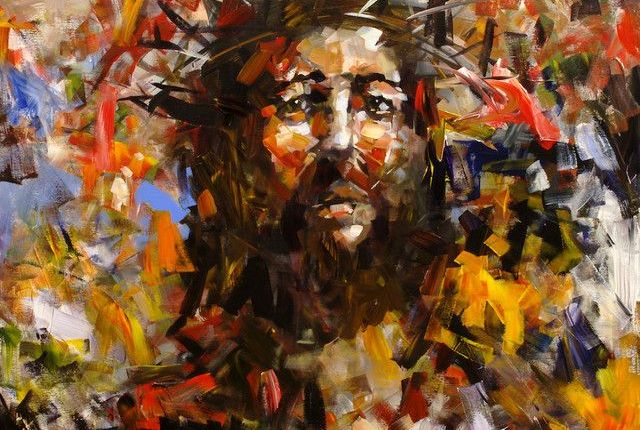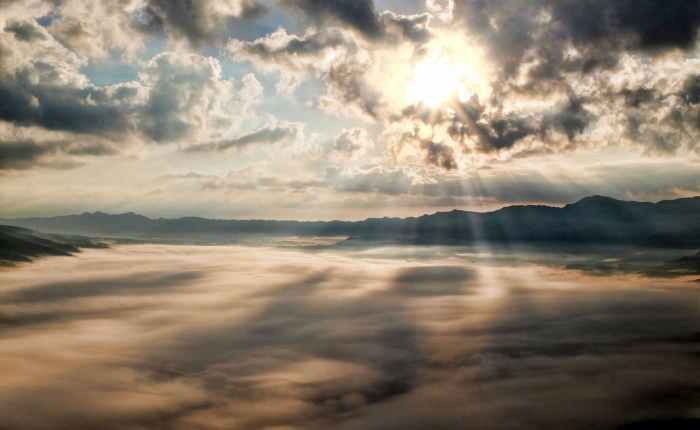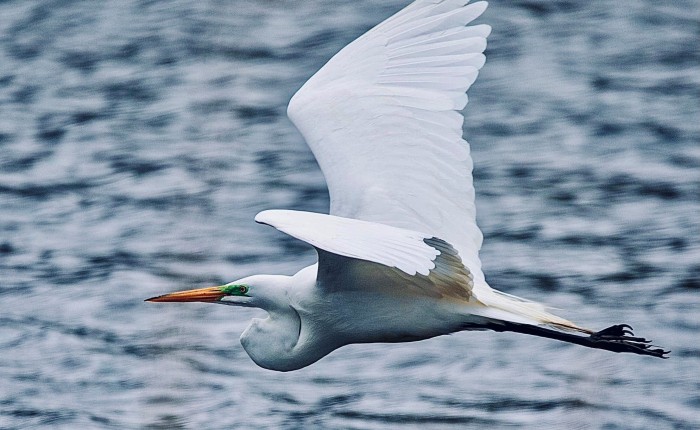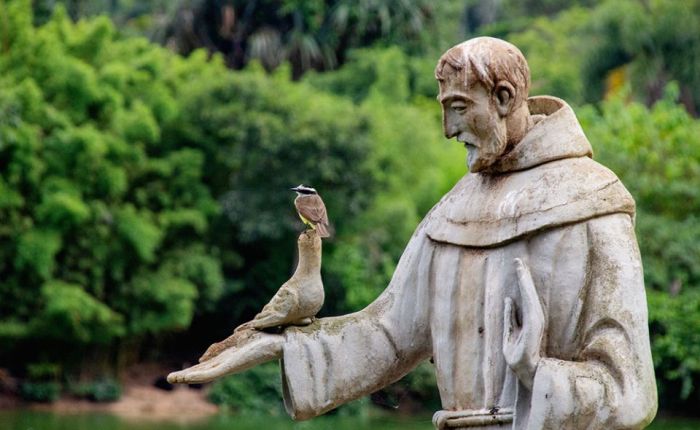With the news of the omicron variant, rising Covid cases and return of restrictions, I did what any level-headed, patriotic Canadian would do…I started listening to Anne Murray tunes – in particular, her song A Little Good News. In it, Anne croons of a day when she can turn on the news or pick up a newspaper and not be bombarded with bad news.
Nobody robbed a liquor store on the lower part of town
Nobody OD’ed, nobody burned a single buildin’ down
Nobody fired a shot in anger, nobody had to die in vain
We sure could use a little good news today.
It might have been 1983 when Anne first sang these words, but she could be singing about our world today. In fact, I think Anne’s song could be the theme song for the pandemic…especially this part. We’re all in desperate need of some good news.
That got me thinking about another blast from the past: NTV’s Jim Furlong’s Good News Report. The theme song for this segment was Anne Murray singing A Little Good News. Anyone who grew up in Newfoundland in the 80’s and 90’s remembers the stoic Jim Furlong telling us about all the good things going on in the province. Back then I thought it was hokey – if we had more channels I would have watched something else – but we didn’t, so I was stuck with NTV and Jim. Now that I am older, with the world in the state that it’s in, I long for Jim Furlong to tell me some good news. Please Jim, come back. Please, if anyone from NTV is reading this, bring back Jim’s good news report. He might not be the hero we want, but he’s the hero we need.
All jokes aside, and really this is no joking matter, people are hurting. If I had forgotten or chose not to know this, I was severely reminded of it in the past few weeks. The buildup to the Christmas season is always a busy one in the church. There’s lot of extra stuff on the go. One of those things is the charitable work we do. Actually, charity is on overdrive in December. We’re all a little bit more aware of the needs of others, always a little more ready to help out, to give. But this year the needs seem greater; the challenges more insurmountable. It’s all been a little overwhelming, the stories upon stories of people struggling.
The newly single parent suffering through domestic violence who thinks that the only way out is to not only escape the situation, but to escape this life altogether. I listen to the stories of generational abuse, addiction and trauma, and my heart aches for them.
The dad who lost his job and now his EI has run out. What will he do for his kids for Christmas?
The Afghan refugees who escaped the horrors of their home only to arrive here to be stuck in a hotel room for 50 days with their families because there is not enough affordable housing. I listen as fatigued settlement workers cry tears of exhaustion.
The seeming unending number of families struggling to put food on the table. That there is hunger in such an advanced society still fills me with rage most days, especially when smiling politicians and newscasters talk about the latest charitable effort to stock food bank shelves. Should our response to poverty and hunger be left to chance and goodwill?
The many who sit in doctor’s offices and hospital rooms and take in the not-so-good news that the doctor shares with them. What comes next?
The young person in despair because she doesn’t see a future because of climate change.
All of us at our wits’ end because we’re not sure how much more of this Covid pandemic we can take.
So, when I listen to Anne sing that we all could use some good news, when I hear the Angel proclaiming good news for all people to the shepherds, I can’t help but wonder…what is this good news? What is this good news for those who are struggling? What is this good news, the gospel, the church talks so much about?
Unfortunately, the church has limited the good news to forgiveness of sins and escape from the wrath of an angry God – a Gospel that proclaims an escape to a better world, not one that embraces and heals this one; a Gospel that imposes a strict moral code that binds up, not liberates; a Gospel that sounds an awful lot like the rest of the world, that demands we be good citizens and not rock the status quo.
The word gospel derives from the Greek word euangelion. Although we think of it as a churchy word, it was borrowed from the Romans and has a long history in the ancient world.
In the gospel reading good news referenced the proclamation of the great works and deeds of Caesar. The good news of Rome was the defeat of some barbarian king, the putting down of some bloody rebellion, the enslavement of some nation or people group.
The good news announced in the gospel of Luke has a different feel to it. First of all, notice who the announcement includes or doesn’t include. The Caesars, the governors, the rulers, the powerful are a mere footnote in the story. They merely give the story some sense of historical grounding. Instead, the story includes a bunch of nobodies. There’s a peasant girl named Mary, an insignificant artisan craftsman named Joseph, and a band of smelly shepherds. And the Angelic announcement was not made in the corridors of power in Rome, or Athens, or even Jerusalem where the Temple sits, the house and throne room of Yahweh. No, it happens out in the middle of nowhere, in some backwater town, in a backwater province of the Empire. The characters and setting tell us that something different is going on.
The words the angel speaks about this good news are words taken directly from the good news pronouncements about Caesar and other rulers. The angel speaks of newborn child as saviour, Messiah (chosen one), the Lord. Anyone in the ancient world hearing this story for the first time would have known that Caesar is the saviour. Caesar is the one. Caesar is Lord. Caesar is the son of god. And much like the euangelion of Rome tells of the peace of Caesar, so too the angels tell of the peace of this child born in Bethlehem.
But again, how is this good news? So what if another power is rising? It will be good news for some, but certainly not good for most, especially those who are already suffering. What is this gospel? How will this child be any different than any other king? How will he save?
We have to skip ahead, but we know the answer. He will save not in the power of the powers that be, but in the weak power of love, or the powerless power of love. His peace will not come at the end of a sword, but in non-violent self-giving. He will heal, forgive, show mercy and grace, and teach in such a way that it turns our understanding of power, religion and God upside down. He will show us a new kind of Kingdom, God’s kingdom, God’s reign, what the world would look like if God’s will were done on earth. It means a new way of seeing ourselves, and others, as beloved children sharing in God’s Kingdom work of justice and peace, a kin-dom of God. This is a message that resonated with people. And I believe it still can.
When I read this story, when I imagine it in my head – or perhaps better yet, my heart – I see the scene frozen in time. The Angels hang in the air, their wings motionless, their song silent. The shepherds too, stand motionless and soundless, as do their sheep. So do the holy family, Mary and Joseph…they are still, quiet. So is the child, the Messiah, Jesus who will become the Christ. He, too, is frozen and motionless…no sound, no cries. All eyes, all of them, from the angels to the shepherds, even the creaturely sheep, the weary parents, look not at the newborn child but at something else. Even the Christ child gazes intently at something not in the picture. They are all looking at us, looking to us. You see this good news will only come; the kin-dom will only come; hope and peace, joy and love will only come if we say yes. We must say yes with our lives, confess and embody the good news. Say yes like Mary, whose willingness made her the God-bearer. Say yes like Joseph who welcomed and nurtured God’s gift to the world. Say yes like the bumbling, thick-headed disciples, who answered Jesus’ call to come and follow. Say yes like the countless saints, known and unknown, inside and outside the church, who lived their lives in such a way that we can dare to imagine that a better way for the world is possible.
So this Christmas let us not keep Christ in Christmas, but instead say yes…every day, every moment, in every situation…yes to the reign of God, the kin-dom of God. May we say yes to peace, mercy, grace, forgiveness, healing and kindness; yes to the stranger, the other, the weak, the poor, the hungry. May we say yes to love, even the love of our enemies. May we say yes, bring to life, bring to bear in our bodies, in our action a more just and caring world. And may it be good news to the whole human family and all of creation.
And may we do this in the name of God who is creator, redeemer and sustainer of all life. Amen.
